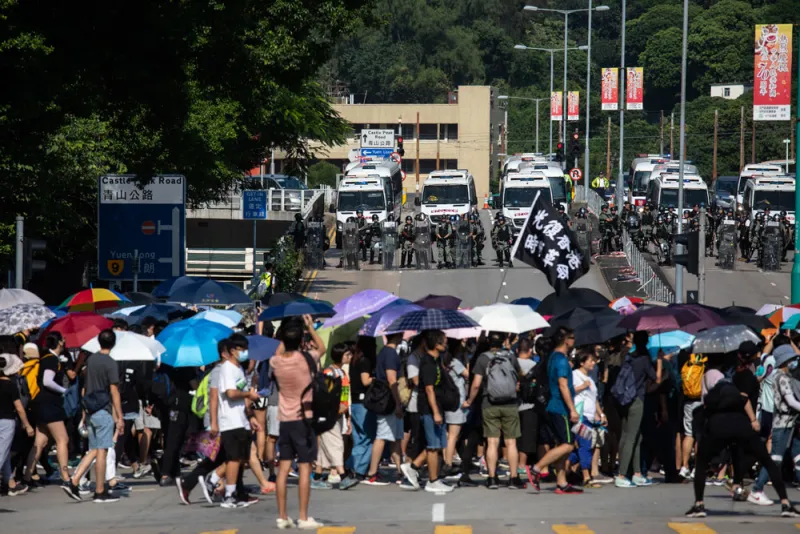
Here’s What a Hong Kong Crackdown Would Do to Its Markets
Experts are forecasting financial carnage if the Hong Kong protests meet a bloody end.
David Wilson
September 23, 2019



